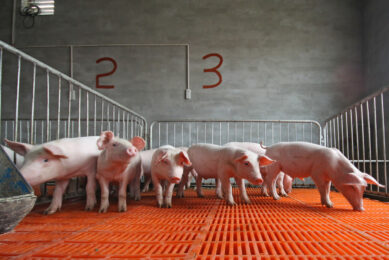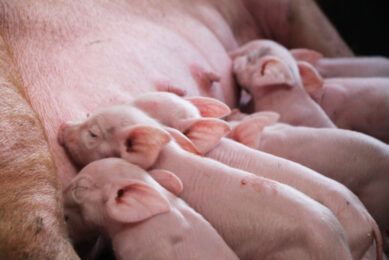NPPC: Kennedy antibiotics ban detrimental to pigs
Like its House companion, a bill introduced last week in the US Senate would be detrimental to the health and well-being of pigs, would increase pork producers’ production costs and the price consumers pay for pork and could jeopardise public health, according to the National Pork Producers Council.
Sen. Edward Kennedy, D-Mass., introduced legislation nearly identical to a bill sponsored by Rep. Louise Slaughter, D-N.Y., that would ban the use in livestock of animal health products that prevent or control diseases.
“Both measures are irresponsible,” said NPPC President Don Butler. “Pork producers are committed to maintaining the well-being of our animals, and we need access to a range of animal health products to keep our pigs healthy and, in turn, produce safe food products. These bills will prevent that, and we’ll see more pigs die and higher production costs, and that means consumers will pay more for pork.”
Piglet deaths
A 1999 ban in Denmark on some antibiotics used in pork production resulted in an increase in piglet deaths and in the amount of antibiotics used to treat diseases.
The Kennedy bill, which would prohibit the use of antibiotics that promote growth in livestock but which also would ban ones that prevent and control disease, was introduced to address the increase in antibiotic-resistant bacteria.
But a 2000 survey of human health experts found that 96% of antibiotic resistance in humans is due to human use of antibiotics. Additionally, according to the Animal Health Institute, less than 5% of animal antibiotics are used for nutritional efficiency – which promotes growth – and even the majority of those prevent diseases.
“Pork producers have a moral obligation to use antibiotics responsibly to protect human health and provide safe food,” said Jennifer Greiner, DVM, NPPC director of science and technology. “Producers also have an ethical obligation to maintain the health of their pigs, and antibiotics are an important tool to help us do that.”
Related website
• NPPC
©











